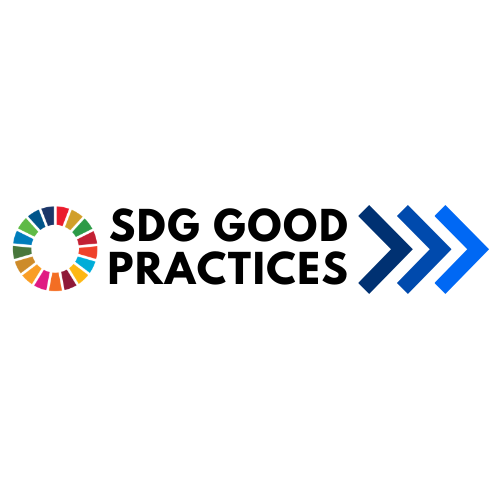We gave our story to the United Nations Organization. Here what we gave them:

SDG GOOD PRACTICES, SUCCESS STORIES AND LESSONS LEARNED – Second Open call |
EcovillageSilimalombu

We gave our story to the United Nations Organization. Here what we gave them:

SDG GOOD PRACTICES, SUCCESS STORIES AND LESSONS LEARNED – Second Open call |